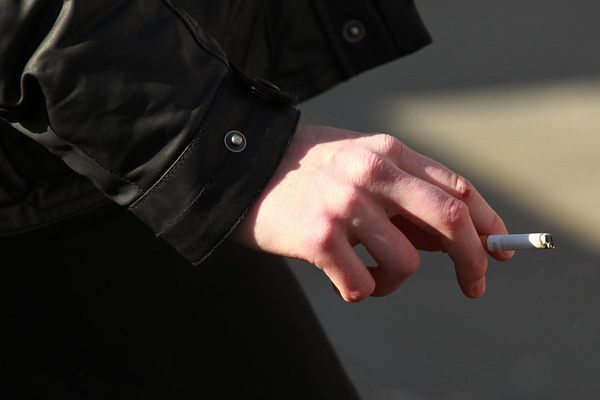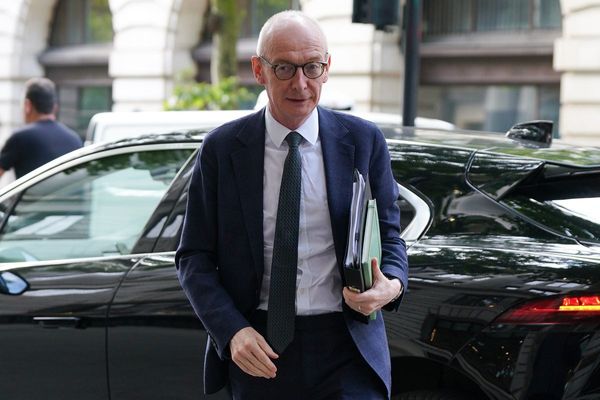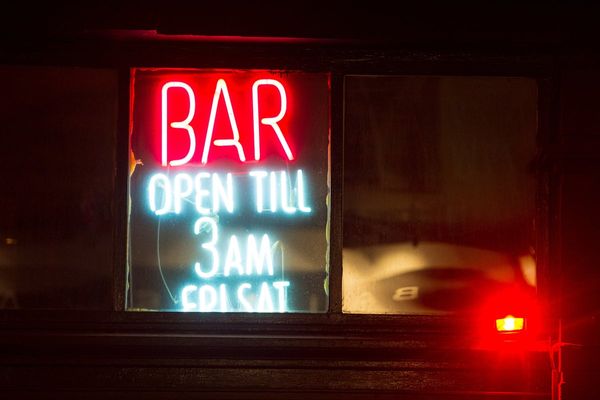
A federal open-government group has refused journalists access to information about its meetings — including details about who was responsible for obstructing a proposal to make government more open.
Nearly four months after Crikey first asked for the information, the Attorney-General’s Department has refused to reveal which members of its Open Government Forum were responsible for voting down an initiative that would have committed the Australian Public Service to stop habitually withholding non-sensitive information.
The Open Government Forum is comprised of an equal numbers of bureaucrats and non-government representatives, and is dedicated to “raising awareness about open government” and creating a new whole-of-government transparency action plan.
But like most of Australia’s government bureaucracy, and despite its lofty aspirations, the group appears committed to secrecy.

At a meeting in October, the forum considered 12 suggested commitments for Australia to include in its new action plan. Three of the suggestions were voted down, including one that would have made an “open data commitment, with [public service] agencies making non-sensitive data open by default”.
Crikey sent the Attorney-General’s Department a freedom of information request in early December, seeking to find out which members of the forum had voted down the suggestion. In the course of negotiating access to the documents, Crikey agreed to modify the request so that it wouldn’t be necessary to identify how individual members voted. Rather, the information sought would have shown how each group voted: government members versus non-government members.
In late March, the response was finally received: seven pages of heavily redacted information.

From the way the information is redacted, it is obvious that government representatives felt entirely different about the open data commitment compared to their non-government colleagues.
Members from one group voted down the suggestion seven-to-two, while the other group voted for it, again seven-to-two. But the public is not allowed to know which of the groups is which.
Crikey understands it was members of the group itself who advocated for the voting information to remain secret.
Although the information was initially requested under freedom of information laws, Crikey agreed with a department suggestion to provide the documents under what’s known as administrative access instead. That means the decision to refuse the documents can’t be appealed.
“As this information is provided administratively, it is not open to you to seek merits review of my decision to refuse access to information or documents under this arrangement,” the department’s assistant secretary for fraud prevention and anti-corruption Lucinda Atkinson wrote in her decision letter.
Crikey asked the department for an on-the-record comment justifying the secrecy but did not receive a reply before deadline.
University of Sydney constitutional law professor Anne Twomey, who was one of the non-government members present at the meeting, said she didn’t remember which group voted which way.
“I think the forum had a lot of really important proposals before us, and we had to whittle them down to the achievable ones,” she said.
“I don’t think anyone was saying they were utterly opposed to this kind of openness, but you have a limited number of things you can do. We hope to revisit it next time.”







